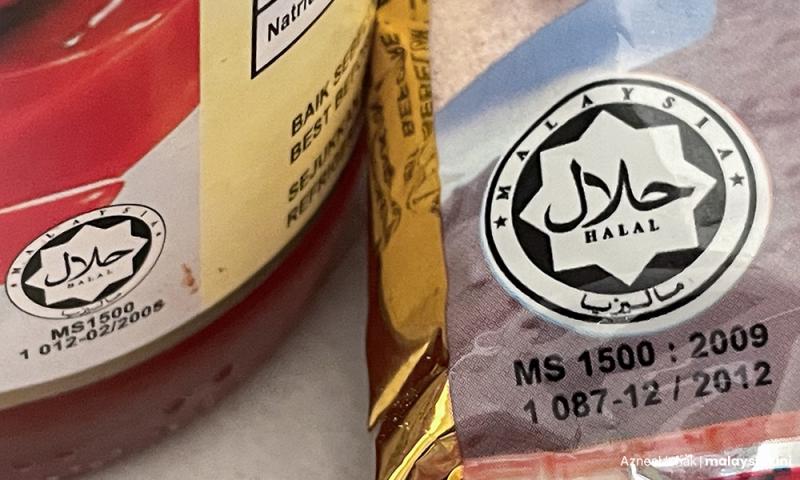LETTER | Who has say on 'Islamic' policies?
LETTER | Repeatedly, policies that are viewed as being under the purview of Islam be it on familial matters or more recently, food production, catch the public attention and become politically salient topics.
This is to be expected considering Malaysia is a Muslim-majority country with problems and solutions sometimes viewed within the frame of an Islamic worldview.
Worryingly, the strict grouping of policies as either affecting Muslims only or both Muslims and non-Muslims serves as an excuse to gatekeep the former by some Muslim policy entrepreneurs, leading to vitriol towards non-Muslim counterparts who provide any comments, even when constructive.
So, should Muslim decision-makers preclude the participation of non-Muslims on such matters, especially when providing contradicting views?
While I don’t have the answers, pondering over a couple of points I think are pertinent may be useful.
Real or artificial?
First, we should consider whether the aforementioned demarcation of policies is real or artificial and whether in a plural society such as Malaysia, “Islamic” policies truly affect Muslims only or inevitably affect all.
Even in familial matters such as marriage where laws differ for Muslims and non-Muslims, we have seen instances of interfaith marriages and how our pluri-legal system (civil family law for non-Muslims and Islamic family law for Muslims) struggles to recognise this without imposing conversion.
In more harrowing situations, this demarcation is seemingly weaponised to achieve a strategic advantage in family squabbles: think of child custody court cases involving a Muslim and a non-Muslim parent.
While I won’t go into the technical details, there have been cases reported over the past decades that highlight the difficulties particularly when the religious status of the child is debated, creating ambiguities on which court is the proper forum.
If the child has been converted to Islam, does this mean the non-Muslim parent has reached a dead end since non-Muslims are not under the jurisdiction of the syariah court?
More tensions
On other matters such as the recent halal certification proposal for food providers, a common economic activity regardless of religion, it is not impossible that such overreach could introduce more tensions.
I would argue that the proposal blurs the line of demarcation further as its implementation could directly affect the livelihood of many.
Justifiably, all relevant parties should discuss this.
Second, sound policies are conceptualised with scrutiny on their necessity, feasibility and effects, usually resulting in multiple views from various actors, both Muslims and non-Muslims.
Humbly, I admit I am no expert in Islam and Islamic law, but many matters in life depend on a disciplined effort to derive opinions -analogous to the work of policy entrepreneurs of today.
With imperfect information, different players will likely arrive at different endpoints, even in Islamic law. We see this in Malaysia: Kedah and Selangor raised the minimum age of marriage for Muslim women to 18 versus 16 in other territories.
Challenges
If diversity is expected, should differing views - particularly different from those in power - be met with hostile resistance?
Since the codification of Islamic law in the colonial period, Malaysia has undergone multiple changes that arguably strengthened regulation on Islam-related matters and more changes should be expected with time.
Concurrently, this transformation has evidently brought about new challenges on how these policies are deliberated and formulated, namely whether all players regardless of religion truly have a say.
National policies affect everyone in Malaysia to a certain extent. So, shouldn’t everyone have a say? Wa Allahu a‘lam (and God knows best).
The views expressed here are those of the author/contributor and do not necessarily represent the views of Malaysiakini.
RM12.50 / month
- Unlimited access to award-winning journalism
- Comment and share your opinions on all our articles
- Gift interesting stories to your friends
- Tax deductable
